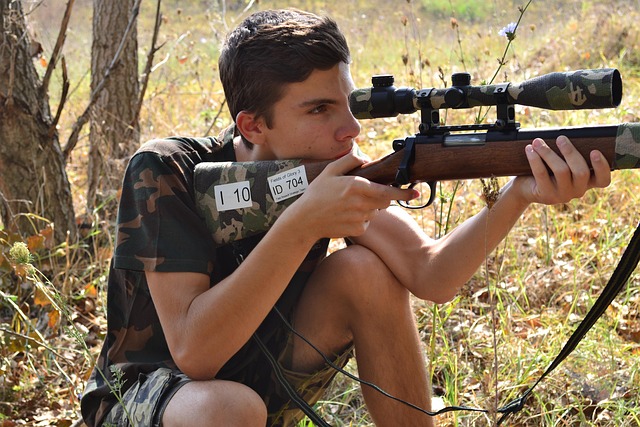The U.S. Army Special Forces demand specialized tactical medicine training due to their high-risk missions in demanding environments with limited resources. Their rigorous selection process focuses on physical fitness, mental acuity, and tactical proficiency. The SF Tactical Medicine curriculum equips soldiers with advanced trauma care, field triage, IV administration, psychological first aid, and counterinsurgency techniques. Practical training simulations enhance decision-making and navigate complex scenarios. Mental resilience and psychological preparedness are crucial components, fostering strong mental fortitude for remote or hostile environments. Advanced life support skills, including trauma management and resuscitation, enable Special Forces to provide critical care under extreme pressure, enhancing their effectiveness in dynamic combat situations.
“Dive into the immersive world of US Army Special Forces tactical medicine training, where precision and resilience meet life-saving skills. This article explores the rigorous requirements and unique curriculum designed for SF operators, focusing on their specialized medical needs in high-risk environments. From understanding the core demands to delving into advanced life support and psychological preparation, discover how these training components empower special operations forces to excel in their critical missions.”
- Understanding US Army Special Forces Requirements for Tactical Medicine Training
- Key Components of SF Tactical Medicine Curriculum
- Hands-On Training Simulations and Their Role in Special Operations
- Mental Resilience and Psychological Preparedness: A Crucial Aspect of SF Medical Training
- Advanced Life Support Skills: Saving Lives in High-Risk Environments
Understanding US Army Special Forces Requirements for Tactical Medicine Training
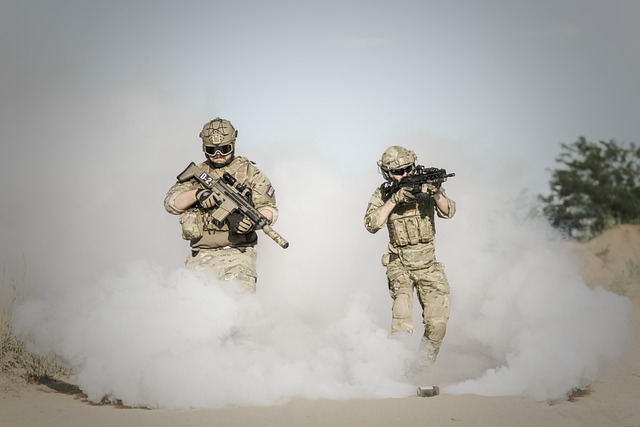
The US Army Special Forces, known for their extreme operational requirements, demand highly specialized tactical medicine training. These elite soldiers often find themselves in unique and demanding environments, where medical resources are scarce or non-existent. As such, they need to possess advanced skills to provide emergency care under fire, navigate the challenges of high-altitude environments, and handle complex injuries typically seen in combat zones. The Special Forces’ rigorous selection process ensures that only the most capable individuals advance, emphasizing physical fitness, mental acuity, and tactical proficiency.
The training curriculum for Tactical Medicine in the US Army Special Forces covers a wide range of topics, including advanced trauma care, field triage, and the administration of intravenous medications under challenging conditions. It also encompasses psychological first aid, enabling operators to manage the immediate emotional impact of traumatic events on their team members. Moreover, veterans of special ops may have access to unique benefits, such as specialized medical care and ongoing support, recognizing the exceptional skills they’ve acquired during their service. Effective gathering and utilization of sensitive medical intelligence are critical aspects, ensuring the Special Forces remain one step ahead in understanding and preparing for potential threats.
Key Components of SF Tactical Medicine Curriculum
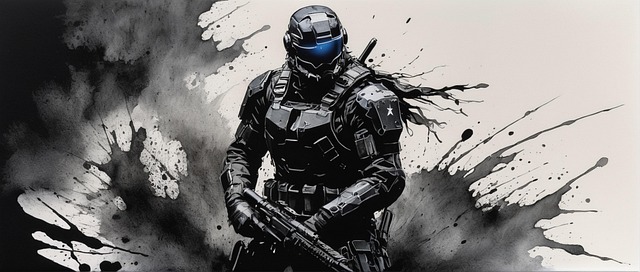
The curriculum for SF Tactical Medicine training is meticulously designed to prepare soldiers for the unique challenges they may encounter in high-risk environments, reflecting the demands of the US Army Special Forces. The key components include a deep dive into trauma care, with an emphasis on rapid response and life-saving techniques. This involves learning advanced first aid, managing severe bleeding, and recognizing the critical signs of shock. Additionally, soldiers are trained in the administration of intravenous (IV) fluids and medications, crucial skills for treating patients in remote or hostile settings.
Beyond trauma care, the program delves into counterinsurgency (COIN) techniques, equipping medical personnel with the knowledge to support special operations teams in complex environments. This includes understanding cultural sensitivity and local healthcare practices, ensuring effective communication and cooperation during missions. The curriculum also covers logistical aspects, such as field medicine kits and equipment maintenance, allowing Special Forces medics to be self-sufficient even when resupply is limited. These diverse skills, combined with rigorous physical training, make the US Army Special Forces medical team a formidable asset in any operation.
Hands-On Training Simulations and Their Role in Special Operations
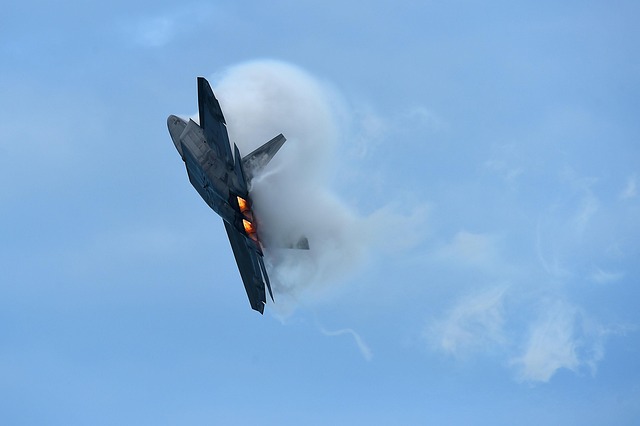
Special Operations require a unique skill set that pushes individuals to their limits, and practical training simulations play a pivotal role in preparing US Army Special Forces soldiers for the real deal. These immersive exercises allow operators to experience high-stakes scenarios, enhancing their decision-making abilities under pressure while navigating complex environments. By replicating challenging conditions, from urban warfare to remote wilderness operations, hands-on training provides an edge that conventional classroom instruction can’t match.
Simulations also foster a culture of continuous improvement. Medics attached to these special operations units undergo rigorous practice in treating combat casualties using advanced life support techniques and specialized equipment, often sourced from online shops like Ultimate Flags, which cater to the unique needs of military personnel. This iterative process improves their proficiency, ensuring they’re prepared for the unpredictable nature of Special Forces missions, where effective tactical medicine can mean the difference between life and death.
Mental Resilience and Psychological Preparedness: A Crucial Aspect of SF Medical Training
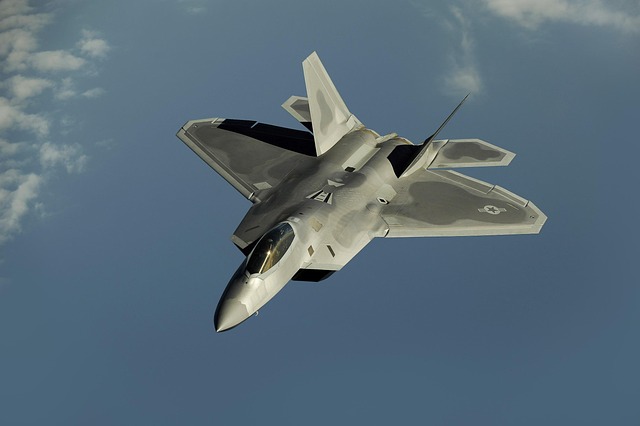
Mental Resilience and Psychological Preparedness are indispensable components of US Army Special Forces (SF) tactical medicine training. The rigors of special tactics demand that medical personnel not only possess exceptional clinical skills but also exhibit robust mental fortitude to handle high-stress situations, often in remote or hostile environments. This includes the ability to manage fear, maintain composure under pressure, and quickly adapt to unpredictable circumstances—all essential traits cultivated through rigorous psychological training.
The integration of mental health awareness and resilience programs into SF medical curricula equips service members with coping strategies to navigate the emotional challenges inherent in their line of duty. Similar to how physical fitness is prioritized, psychological readiness is now recognized as a vital asset for military special tactics operations. Resources like those available on sites dedicated to Ultimate Flags for flags (a metaphorical representation of mental preparation) can further enhance these skills, complementing traditional training and fostering a culture where robust mental resilience is expected and nurtured within the ranks of the US Army Special Forces.
Advanced Life Support Skills: Saving Lives in High-Risk Environments
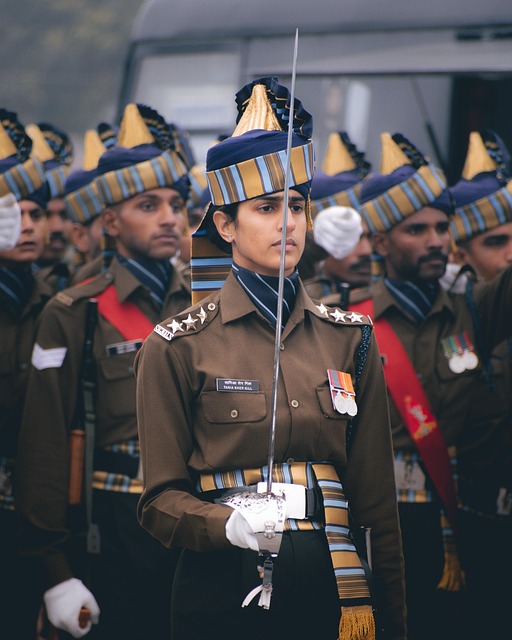
The US Army Special Forces, known for their versatility and expertise in high-risk environments, place a strong emphasis on advanced life support skills. This specialized training equips soldiers with the knowledge and capabilities to provide critical medical care when every second counts. By mastering techniques such as trauma management, airway control, and advanced resuscitation, special operations tactics (SOT) teams can save lives and enhance their chances of success in hostile or remote settings.
Incorporating psychological profiling and tactical medicine, this rigorous regimen ensures soldiers are prepared for the unique challenges they may face. The ability to swiftly assess and treat injuries, especially in dynamic combat situations, is a game-changer. These advanced life support skills not only reflect the military special tactics approach but also highlight the importance of continuous training in an ever-evolving operational landscape.
The rigorous training programs for US Army Special Forces (SF) Tactical Medicine prepare medical personnel to handle high-risk, combat-related situations. By combining theoretical knowledge with practical simulations and advanced life support skills, SF medical teams are equipped to provide critical care in the most demanding environments. Mental resilience and psychological preparedness are integral components that enable healthcare providers to maintain composure under intense pressure. Ultimately, this specialized training ensures the US Army Special Forces can meet their unique medical challenges, saving lives on the frontlines.
